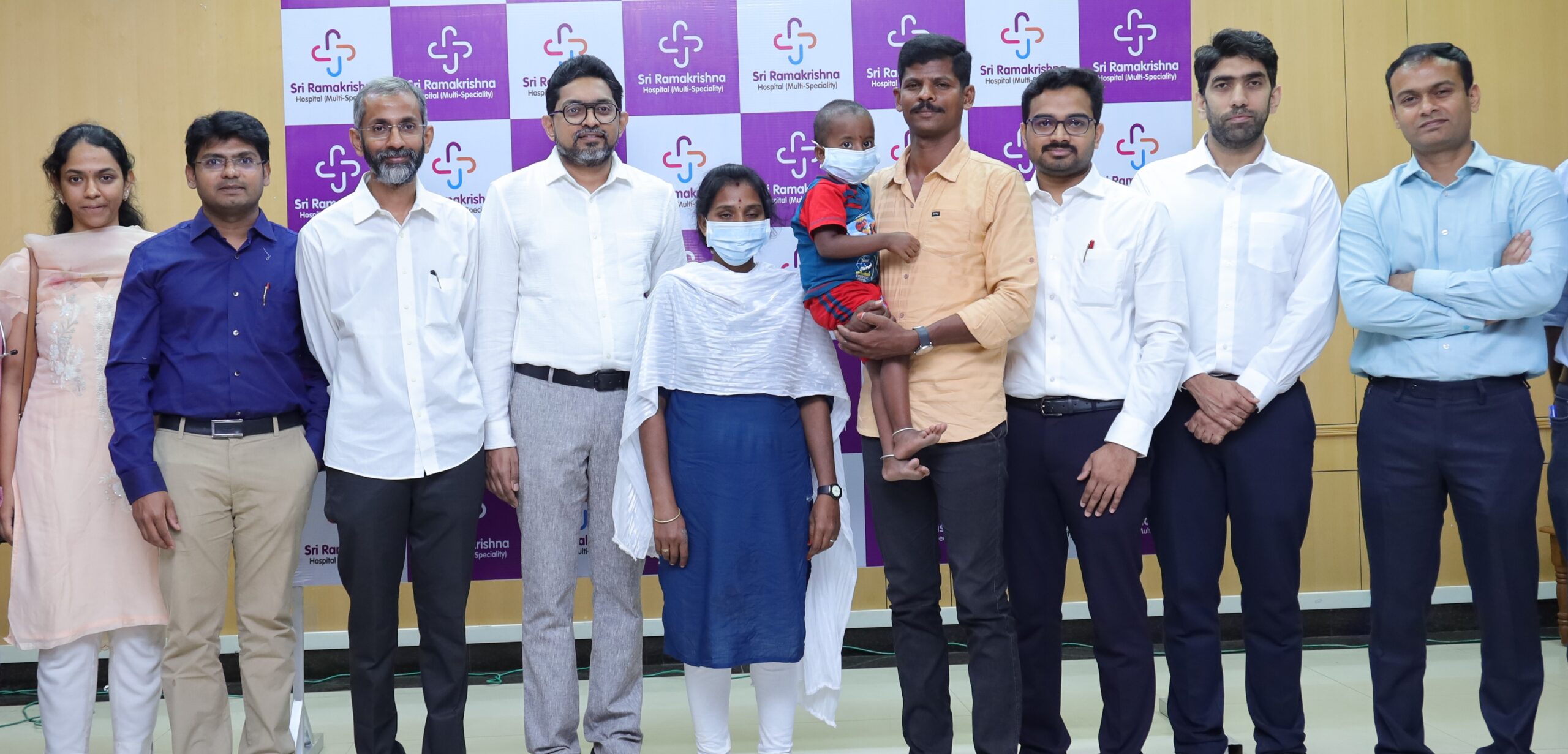Trending Now
- 830 voters names go missing in Kavundampalayam constituency
- If BJP comes to power we shall consider bringing back electoral bonds: Nirmala Sitaraman
- Monitoring at check posts between Kerala and TN intensified as bird flu gets virulent in Kerala
Coimbatore
It is time that we do away with hyper restrictive abortion practices
![]() July 7, 2017
July 7, 2017
Bengaluru: The recent judgement by the Supreme Court that rescued a pregnant woman and permitted her to abort her 26-week fetus suffering from severe cardiac problem has come as a breath of fresh air. The bench of Justices Dipak Misra and A M Khanwilkar allowed the abortion plea of Kolkata-based 33-year old lady on the basis of her medical report which said that the child, even if born alive, may not survive for a long time as the baby would have to go through multiple surgery due to congenital disorder. Our hyper restrictive abortion practices is a hindrance to a woman’s right to her body. And this is true for many other countries, laws of which coerce women against their wishes. “Why should I be forced to complete my term when I know I will not have a healthy baby? It takes a toll on the parents and the child as well. As a society, we aren’t really sensitive to any deformity. The state doesn’t take care of them, then why knowingly bring them in, especially against the parents wishes?,” asks Gangotri Ray, an expecting mother.
According to the Medical Termination of Pregnancy Act, 1971, abortion is permissible till the fetus is 20 weeks old. Many women discover serious problem with their pregnancy after crossing the legally permissible period of abortion and have been moving the apex court seeking permission to end their pregnancies. “From time to time, SC has been giving out judgements that are deeply sensitive and thoughtful. In many cases the judgement has been pro abortion, due to terminally ill fetuses, but it is time to amend the law. Although, the Centre had initiated the process to amend Medical Termination of Pregnancy (MTP) Act, 1971 way back in 2014 but it is still waiting for Cabinet approval before it could be introduced in Parliament. The bill intends to extend the permissible period for abortion from 20 weeks to 24 weeks if the healthcare provider believes the pregnancy involves a substantial risk to the mother or the child,” says Dr Uma Basu, General Practitioner. Women groups and social workers have questioned such laws that are against women and their right to make their own healthcare decisions. A few months back, during the Presidential elections, Hillary was applauded for her thoughts on abortion and the law that curbs women’s’ choices. She was quoted saying, “I will defend Planned Parenthood. I will defend Roe v. Wade, and I will defend women’s rights to make their own healthcare decisions.”
Dr Ila Basu, Gynaecologist who has practiced for more than 20 years says ,” I will quote Professor Wendy Savage, a retired obstetrician and gynaecologist, who talked about ‘woman’s right to decide if she wanted to end her pregnancy,’ as the only way forward.” She adds, ” Afterall, the body belongs to the woman,and she is the one taking the risk. We have to concentrate on the rights of the women.” Talking on similar lines, Anuja Kapoor, Criminal Psychologist says, “The foetus is a potential human life at that stage; it is not an actual human life. Compelling a woman to carry a pregnancy to term against her wishes could harm both mother and child. Such force on the mother can affect her mentally.”























